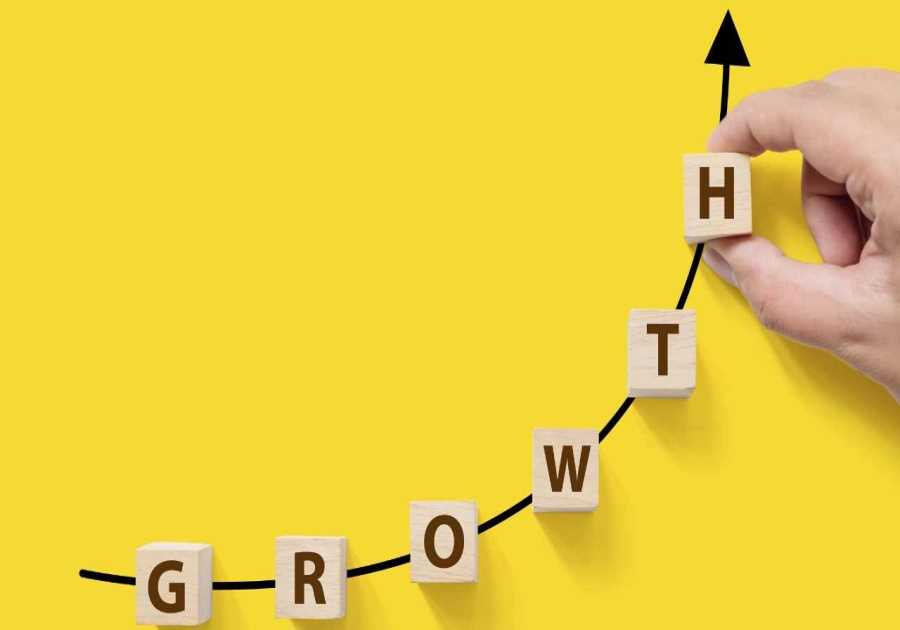Ambitious couples often pride themselves on being driven, focused, and eager to build a successful life together. But when both partners push themselves at full speed, the pressure can quietly spill over into their relationship. The same goals that once inspired teamwork and motivation can slowly shift into emotional exhaustion that drains patience, energy, and connection. Many couples don’t notice this change until they begin arguing more, resting less, and feeling overwhelmed by responsibilities they once embraced. Understanding how shared ambition leads to emotional exhaustion helps partners protect their well-being while still pursuing the future they want.
1. High Expectations Become Hard to Maintain
One of the early signs of emotional exhaustion is the struggle to keep up with expectations that once felt achievable. High-achieving couples often set ambitious goals for career growth, lifestyle changes, and financial milestones. As the workload intensifies, the pressure begins to outweigh the excitement that sparked those goals. Instead of feeling inspired, both partners may feel drained. Adjusting expectations gives the relationship more room to breathe.
2. Work Conversations Replace Real Connection
Shared ambition often means professional life dominates daily conversations. When career updates take center stage, partners may unintentionally overlook emotional needs. Without enough moments of humor, comfort, or meaningful check-ins, the relationship can start to feel transactional. Choosing intentional time for a deeper connection helps maintain closeness. This simple shift restores warmth that may have faded under nonstop ambition.
3. Busyness Leaves No Time for Recovery
Ambitious couples often overload their schedules with deadlines, routines, and long to-do lists. This nonstop pace accelerates emotional exhaustion because there is little time for true rest. Even leisure hours can feel rushed or overshadowed by productivity. Over time, this pattern drains resilience and patience. Prioritizing recovery is essential for balance and long-term well-being.
4. Shared Goals Turn Into Silent Pressure
Pursuing shared goals can strengthen teamwork, but it can also create unspoken pressure when one partner begins to struggle. Instead of asking for support, they may worry about slowing the other down. This builds tension beneath the surface, adding strain to everyday interactions. Open communication keeps goals realistic and compassionate. Honest conversations help both partners stay aligned.
5. Household Responsibilities Become Overwhelming
Even without children, couples navigate chores, planning, and financial duties. When both partners are overextended, these responsibilities can pile up quickly. Small frustrations—like undone tasks or clutter—may spark unnecessary conflict. Sharing or outsourcing responsibilities helps reduce stress. These practical adjustments relieve the emotional exhaustion at home.
6. Emotional Energy Gets Fully Spent at Work
Many hardworking professionals pour most of their emotional energy into demanding jobs. By the time they return home, they are often emotionally exhausted by day’s end. Even simple decisions or conversations may feel heavier than usual. Creating a transition routine between work and home helps partners decompress before reconnecting. This shift supports calmer communication and a stronger connection.
7. Resting Starts to Feel “Unproductive”
High achievers sometimes internalize the idea that rest equals inefficiency. This belief keeps them hustling even during downtime, leaving little room to recharge. When rest feels optional, burnout becomes more likely. Reframing rest as essential—rather than indulgent—helps rebuild balance. Couples thrive when they allow themselves genuine downtime.
8. Comparison Creeps Into the Relationship
Ambitious couples may compare career progress, accomplishments, or personal achievements without intending to. These subtle comparisons can deepen emotional exhaustion between partners, especially when expectations are already high. Feelings of falling behind can trigger unnecessary tension. Shifting focus from competition to collaboration eases pressure. Encouraging each other’s success strengthens the partnership.
Rebuilding Energy and Connection Together
Ambition is a powerful force, but it shouldn’t come at the cost of emotional exhaustion. By recognizing early warning signs, communicating openly, and creating healthier rhythms, couples can pursue their goals while staying connected and grounded. True success includes rest, presence, and peace—not just achievement. When partners support each other’s emotional health, shared ambition becomes a source of strength rather than strain.
What to Read Next…
- 10 Signs Career Obsession Is Quietly Destroying Your Relationship
- Why No-Kid Couples Are Facing Higher Stress Levels Than Parents
- Why Couples Without Kids Are the Easiest Targets for Office Overload
- How Overworking Together Becomes the Most Common Couple Risk
- Why Couples Who “Work to Play” End Up With No Time to Live
Read More
By: Catherine Reed
Title: How Shared Ambition Turns Into Emotional Exhaustion at Home
Sourced From: www.dinksfinance.com/2025/11/how-shared-ambition-turns-into-emotional-exhaustion-at-home/
Published Date: Sun, 23 Nov 2025 14:50:21 +0000
.png)





